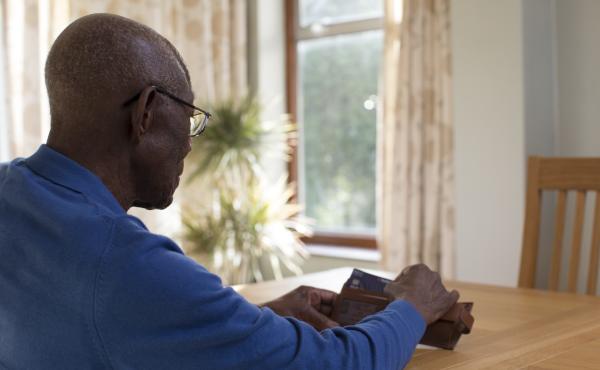What are top-up fees?
Top-up fees are an option for the family and friends of care home residents whose fees are partly or fully paid by their local council. The council sets a rate which must cover the cost of care for the resident in full. Top-up fees are intended to be a voluntary payment by relatives for ‘extras’ such as a larger room or a nicer view.
In cases where top-up fees are paid for a higher standard of care or accommodation, these fees are fair. But our research, prompted by calls to our advice line, found that some families are being asked to pay top-up fees just for basic care. This should never happen.
What we achieved
Independent Age successfully campaigned for the introduction of improved rules on top-up fees to protect the families of the poorest older people. As part of the 2014 Care Act, the rules around top-up fees were strengthened to ensure no one has to pay a top-up fee unless they choose more expensive care home accommodation.
How things stand now
Since we first looked into the issue of top-up fees, a greater number of councils are meeting the requirements designed to ensure top-up fees are always voluntary and fair.
Our research – undertaken six months after the Care Act came into force – found 48% of councils had written agreements in place for all top-up fees agreed since the rules were tightened. In 2013 just 28% of councils even had information on the top-up fees in their area.
We welcome this progress but it is also clear a significant minority of councils are not following the new rules.
We will continue to monitor and highlight this issue with the public, councils and politicians until all councils meet their responsibilities and the families of some of the poorest older people are protected from paying unfair fees.
